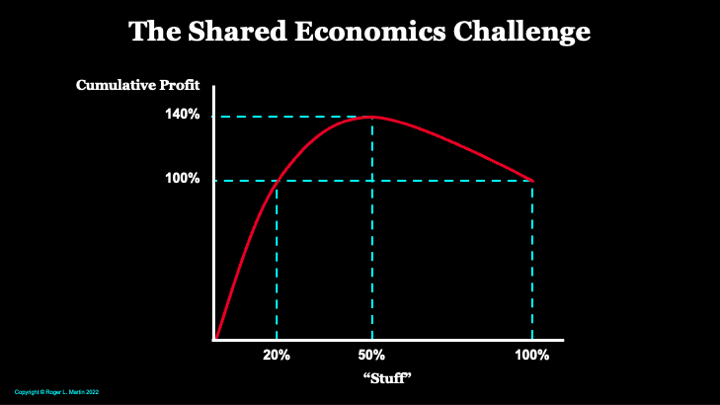Recordo a vergonha pessoal que senti quando numa conversa com o meu parceiro das conversas oxigenadoras percebi que quanto ao covid, em Fevereiro de 2020, tinha-me colocado mentalmente na posição fácil, preguiçosa e socialista de esperar que o estado, o governo, me dissesse o que fazer. Agora, ao escrever estas linhas, dá para ficar com ainda mais vergonha pessoal. Como confiar numa estrutura de boys and girls nomeados e promovidos pelos Medinas desta vida.
A verdade é que esta é a postura cultivada na sociedade portuguesa. Esperar que o estado nos guie, nos oriente, no nosso dia a dia. Só se pode fazer o que está na lei, se não está na lei não se pode fazer.
A minha irmã vive em Inglaterra. Por lá, em Janeiro deste ano, ainda antes da invasão da Ucrânia pelos orcs russos, já o tema da energia e do brutal aumento do seu custo era tema. Na Califórnia, na semana passada muitos californianos não conseguiram carregar os seus carros eléctricos porque o sistema de carregamento permite que centralmente se bloqueie o seu uso, porque a conjugação de calor e consumo pôs em risco a rede eléctrica. Assim, há meses que as pessoas em Inglaterra andam a trabalhar o tema da redução de consumo de energia, aumento da eficiência energética, alteração de comportamentos.
Por cá esperamos o subsídio, o apoio, a mãozinha orientadora do papá Estado que nos diga o que fazer. Por isso, não nos sentimos pressionados a mudar comportamentos porque existe um papá que nos põe a mão por baixo. Depois queixam-se da relação
pedo-mafiosa ...
Entretanto, na Alemanha, segundo o New York Times:
"But companies across Germany have been finding ways to continue operating. They are firing up coal plants or shifting production of some products abroad. They are even considering making deals with rival firms to share energy. Chief executives say that by adjusting to the new reality, they are in a better position to live with less natural gas.
We are in crisis mode, but we are not panicking,"
...
Not every manufacturer can operate with less gas. And no one knows how Germany, Europe's largest economy and the one most reliant on Russian gas, will fare this winter when chilly weather causes gas demand to soar.
But BASF, for one, said it had begun using oil instead of gas to generate power and steam, and reducing production at its European plants that use a lot of gas, especially its facility in Ludwigshafen, described as the world's largest chemical complex.
Detailing BASF's efforts in the earnings call, Mr. Brudermüller said the company was scaling back ammonia production, which requires natural gas, and seeking to buy it from outside suppliers. Ammonia plays a key role in the manufacturing of fertilizer, plastics and other products.
...
Private households, which combined use the most energy in Germany, have already shaved about 6 percent off their gas use this year. A government program is encouraging them to do more, dropping their thermostats by one degree in the coming winter and limiting showers to just five minutes.
...
When gas prices started rising, Evonik's engineers searched or where they could make cuts. An obvious solution was to keep a coal-fired power plant going past October, when it was scheduled to be swapped out for two new gasfired plants.
We built two fantastic new gas power plants, the best German engineering, but realized that we didn't have any gas for them," Christian Kullmann, the chief executive of Evonik, said on German television.
...
With winter approaching, traditional gas-hungry industries may be let with no choice but to scale back or halt production entirely. But for those that have already found solutions, analysts said, the changes may prove lasting, regardless of what Russia does.
"The signal that energy security can't be taken for granted is so clear that companies will continue to think of different scenarios even if there were a fast change, even if Russia were to deliver more gas and prices were to fall again," said Eric Heymann, an economist with Deutsche Bank Research. "There is no going back to the way everything was before."
Sabem o que é que este "There is no going back to the way everything was before." me faz lembrar? Aqueles que estavam perdidos e acabam por se encontrar.
"é que os que decidem aventurar-se e procurar a salvação, enfrentando o desconhecido, ao fazerem essa viagem, acabam por se transformarem a eles próprios e o mais interessante é que quando chegam à "civilização", ou quando são encontrados, já não estão perdidos, já se encontraram, já se adaptaram a uma nova realidade."
O bom velho Gonzales.





























